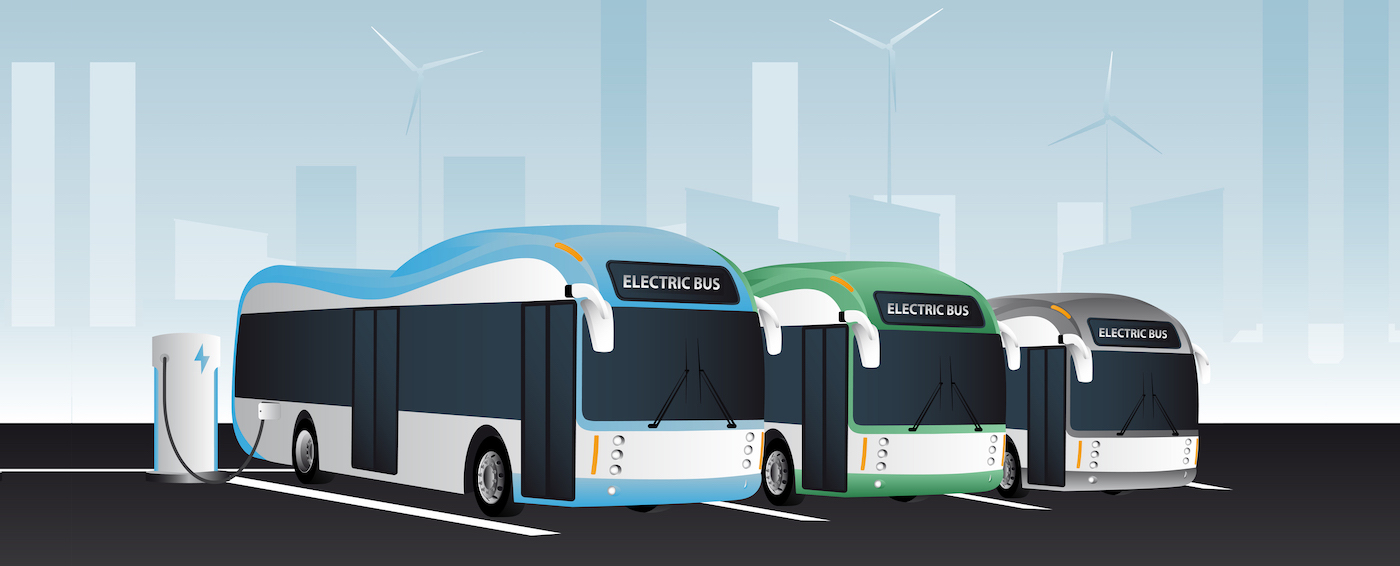In the face of climate change and growing urban populations, the need for sustainable transportation has never been more pressing. As a leading player in the transit industry, MTS recognizes the critical role we play in promoting environmentally-friendly practices and reducing our carbon footprint. But we’re not alone in this mission; transit providers across the globe are embracing green initiatives, from fleet electrification to route optimization, with the goal of creating healthier, more resilient communities.
One of the most significant ways the transit industry is going green is through the transition to electric and hybrid vehicles. By replacing diesel-powered buses with cleaner alternatives, we can dramatically reduce greenhouse gas emissions and improve air quality in the communities we serve. But the benefits don’t stop there. Electric vehicles also offer significant cost savings in terms of fuel and maintenance, allowing transit providers to reinvest those resources into expanding and improving services. In addition to cleaner vehicles, the transit industry is also leveraging data and advanced technologies to optimize routes and minimize fuel consumption. By analyzing ridership patterns, traffic conditions, and other variables, we can design routes that are more efficient, reducing unnecessary miles driven and associated emissions. These optimized routes not only benefit the environment but also improve the passenger experience by reducing travel times and increasing reliability.
Partnerships and incentives are another key aspect of building sustainable transit. By collaborating with cities, businesses, and community organizations, transit providers can promote sustainable mobility options and encourage more people to choose public transportation over single-occupancy vehicles. Incentives like discounted fares, employer-sponsored transit passes, and integrated micromobility options can make sustainable transportation more attractive and accessible to a wider range of users. The long-term benefits of these environmentally-friendly practices are significant. By reducing congestion and emissions, sustainable transit contributes to improved air quality and public health outcomes. It also supports the development of more livable, walkable communities, where people can easily access jobs, services, and recreational opportunities without relying on personal vehicles. And by mitigating the impacts of climate change, sustainable transit helps build resilience and protect vulnerable populations.
At MTS, we’re proud to be at the forefront of the sustainable transit movement. But we know that this is a collective effort, requiring collaboration, innovation, and a shared commitment to building a greener future. By embracing environmentally-friendly practices and working together towards common goals, the transit industry can play a vital role in creating healthier, more sustainable communities for generations to come.


